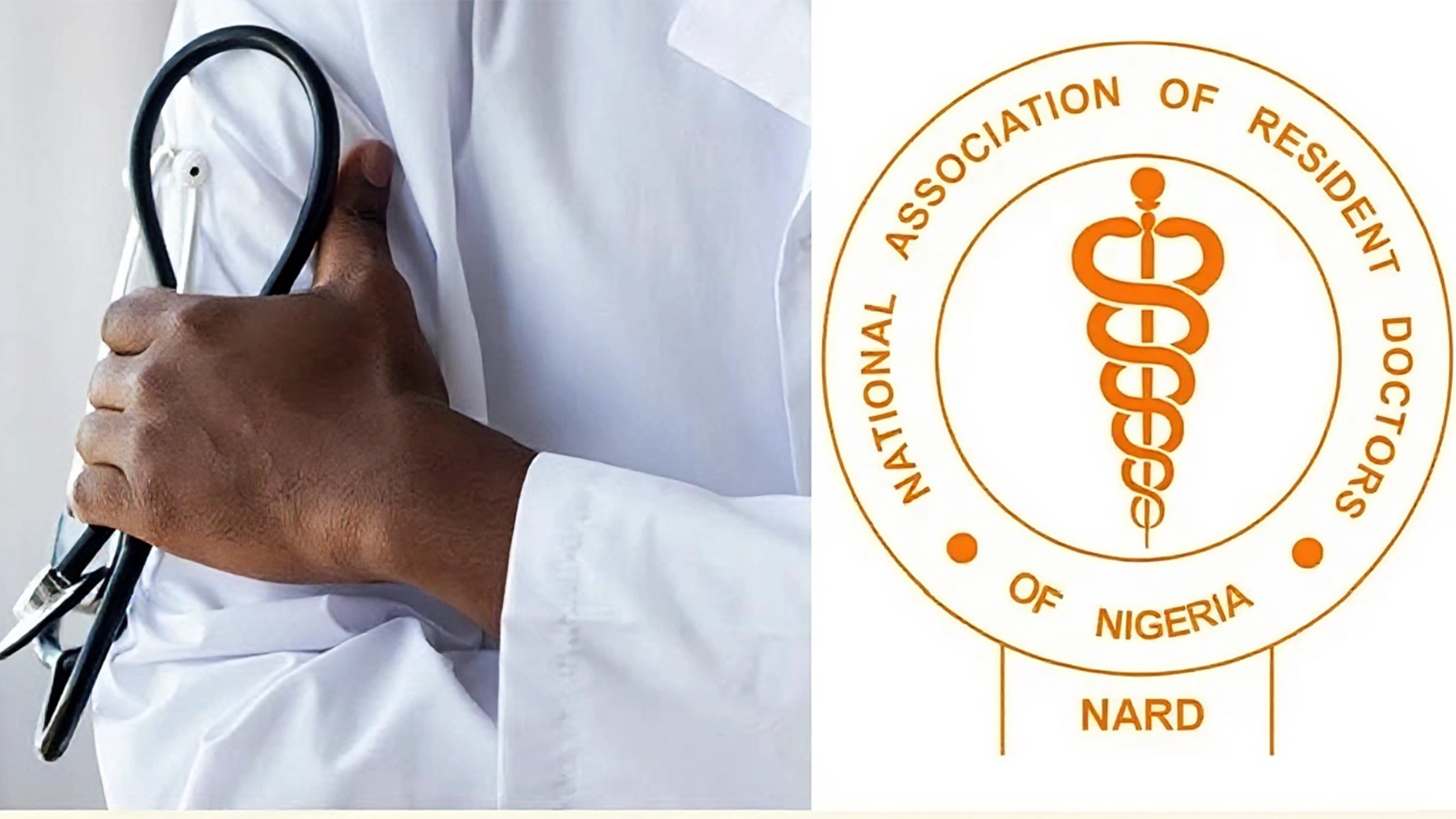
The Coordinating Minister of Health and Social Welfare, Prof. Muhammad Ali Pate, has expressed concern over the high cases of Lassa fever, which has remained a public health burden in Nigeria and West Africa.
He expressed optimism that the new Enable research on Lassa fever will deepen understanding of the virus and enhance the work being undertaken to develop the first-ever Lassa vaccine to safeguard the health of our communities.
Speaking at the launch of the Enable 1.5 study, organised by the Coalition for Epidemic Preparedness Innovations (CEPI), the Nigeria Centre for Disease Control and Prevention (NCDC), and Nigeria, Pate stated that the Federal Ministry of Health and Social Welfare is working alongside partners and neighboring nations to advance efforts being made to tackle the scourge of Lassa fever and bring to an end the suffering caused by the disease.
The minister observed that commitment to research and innovation on the disease is yielding promising progress.
On his part, the Director-General of the Nigeria Centre for Disease Control (NCDC) and co-chair of the Nigeria Lassa Vaccine Task Force, Dr. Jide Idris, said that the agency is improving its capacity to identify and recognise cases of Lassa fever while preparing for future vaccine development by examining the disease’s symptoms and its connection to other infections.
Idris pointed out that the expanded investigation represents key progress in our battle against Lassa fever, adding that the outcomes of this work are vital for forming health practices and promoting the health of populations in Nigeria and West Africa.
He saiid that while Lassa fever is a known public health burden in the region, with hundreds of thousands estimated to be infected each year, many cases are likely going unreported due to difficulties with Lassa case detection.
According to him, most people infected with the Lassa virus are thought to be minimally symptomatic or asymptomatic and are therefore going under the radar, while for those that do suffer with symptoms, like fever, headache, and chills, they may be misdiagnosed with diseases like Ebola, dengue, or malaria, which can also first present with similar non-specific symptoms.
He observed that global partners and local communities are assisting the NCDC in making strides towards lessening the impact of Lassa fever and preparing for a future that can block its life-threatening effects.
Also speaking, the CEO of CEPI, Dr. Richard Hatchett, explained that incomplete detection of Lassa fever cases not only impacts our understanding of the true incidence rate and therefore the level of resources needed to respond to the disease, but it could also threaten the evaluation, rollout, and acceptance of future Lassa vaccines.
He noted that the new research, therefore, aims to improve scientific understanding of how commonly Lassa fever occurs, how rates of infection and symptoms vary across selected locations, ages, sex, and previous exposure to the virus, and the extent of post-infection symptoms like hearing loss. Scientists will also look at how often people may be co-infected with Lassa fever and malaria, since co-infections may complicate the clinical course of each disease.
The Enable National Project Coordinator, Nigeria, Mrs. Elsie Ilori, said that the launch of the expanded Lassa fever study is a key step in ongoing efforts to understand and combat this dreadful disease.
Ilori stated that through deeper investigations into the variations of Lassa fever symptoms and their comparison to other prevalent infections within the region, the study will obtain valuable insights that can improve diagnosis, boost outbreak preparedness, and inform future vaccine development.
She noted that the Enable 1.5 study will help to better understand how to reduce the Lassa fever burden in Nigeria and West Africa while saving lives and improving our health systems.






